It’s the thought that counts. That’s what we say about presents. But when the gift is a song by Richard Strauss it is that and more. He made a habit of gifting songs, particularly to his wife Pauline. Several of the Six Orchestral Songs on offer here, as the two-month Strauss’s Voice series marking the 150th anniversary of his birth nears its end, are taken from groups originally celebrating occasions such as their wedding day (10 September 1896).
It was Sir Mark Elder’s turn to step up for his first appearance in the series, and he drew some glorious sound from the Hallé, while being alert to the needs of Australian tenor Steve Davislim, who - so fittingly for Strauss - was once a horn player.
The first song, “Ich liebe dich”, was composed for Pauline to mark their son’s first birthday in 1898, gives the soloist the opportunity to show his lyrical richness as he sings of contentment and devotion. Davislim’s second and third offerings, are taken from the “wedding present” group. Although written in 1896, “Ruhe meine Seele” wasn’t orchestrated until 1948, the year before Strauss’s death, which perhaps explains why such a happy occasion produced such a sombre mood. However, in “Cäcilie” the passion shines through and Davislim caught it: “If you only knew what it’s like to dream of burning kisses”. In “Befreit”, an ode to the joy of undying love, he met the demands of sustaining long notes, and overcame the considerable challenge of the large-scale “Verführung” with its climactic contest with a richly scored orchestra. “I wish to lead you into a land of wonders,” he sang, and he did. He also looked the part, like a Velasquez aristocrat in frockcoat and fancy waistcoat, with long dark hair drawn back.
This was a bravura performance. With Jamie Phillips we have lift-off
Elder opened the concert with a rare performance of Ravel’s Mother Goose ballet music in its entirety. It provided a delightfully lyrical, fairy-tale curtain raiser, with all its atmospheric references to the Sleeping Beauty. The short episodes sound so much more appealing in French, as in the Pavane de la Belle au bois dormant.
Because of recent bout of ‘flu, Elder handed the baton to his assistant Jamie Phillips for the second half. And it was a revelation. We know Phillips to be one of the ablest up-and-coming conductors, but his account of Beethoven’s Seventh Symphony was electrifying and won him a prolonged ovation, not least from the orchestra. He showed tremendous energy and very watchable athleticism, but also an eye for detail and certain discipline. He really had the Hallé playing superbly and built them up to that climactic finale, with the high horns at full throttle. The climax connected back to Strauss, whose horn-playing father Franz disapproved of Beethoven in this extravagant mood. However, this was a bravura performance. With Phillips we have lift-off.
As the Strauss series nears its end, the Hallé took the opportunity to recognise the lifetime musical achievement of the distinguished music critic, biographer and Hallé historian Michael Kennedy, honorary patron of this series (and writer of all the informative and perceptive programme notes) by inviting him to be Vice-President of the Hallé Concerts Society.

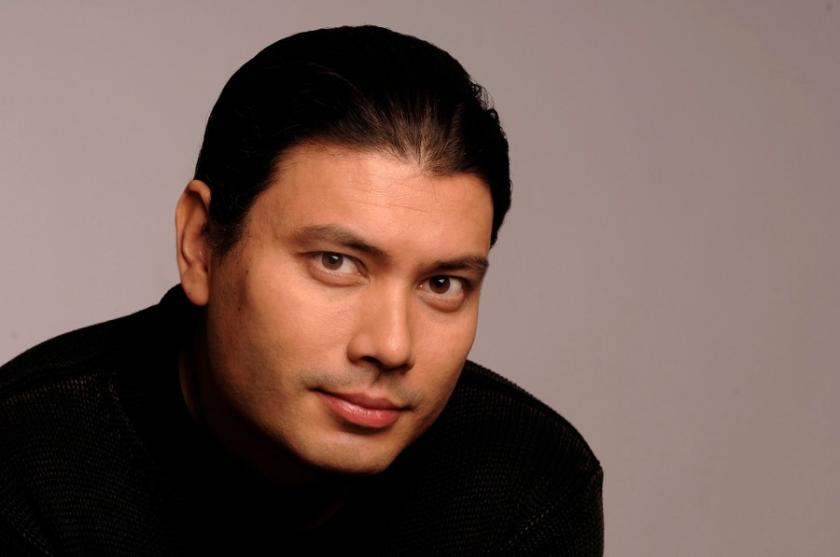







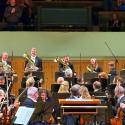
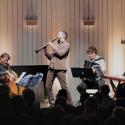

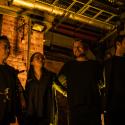
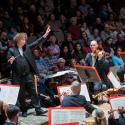
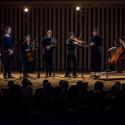
Add comment